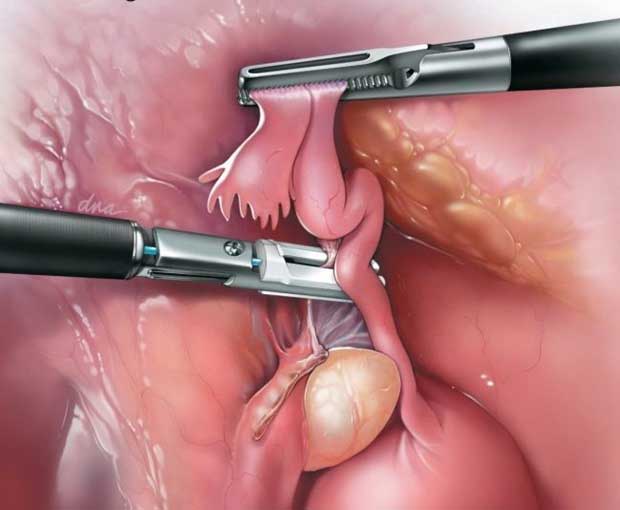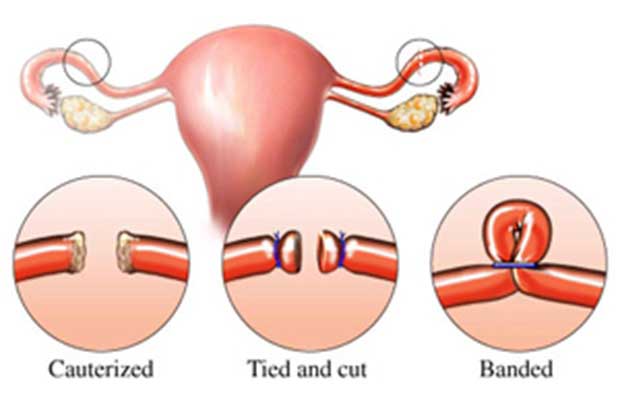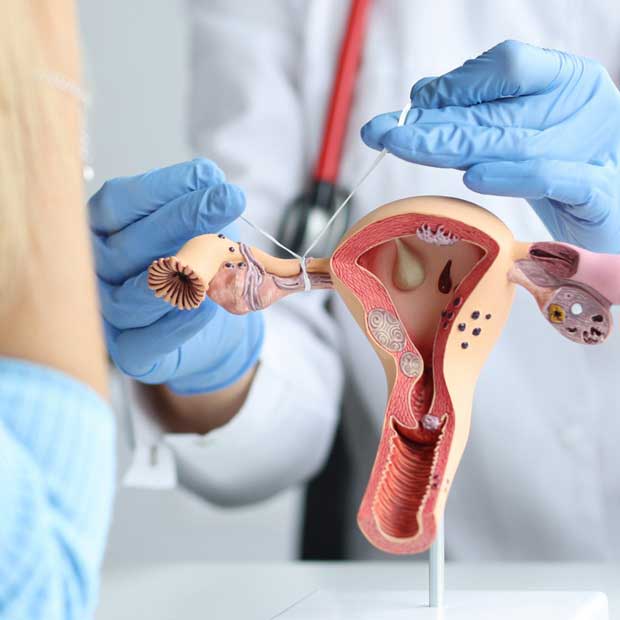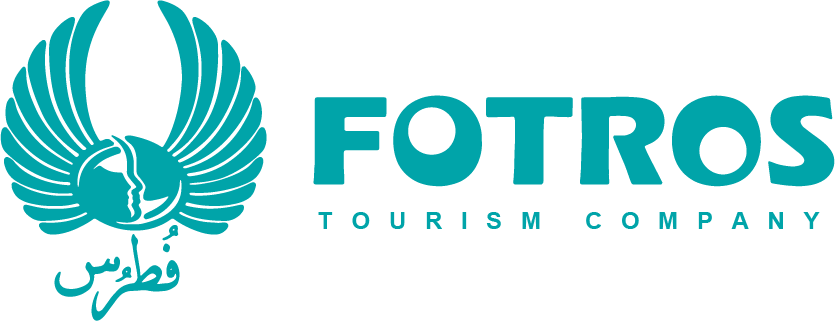
Medical Surgeries
Tubal Ligation


Tubal ligation, also known as "getting your tubes tied," is a surgical procedure for permanent contraception or sterilization in women. During a tubal ligation, a surgeon will block, cut, or seal the fallopian tubes, which are the structures that carry eggs from the ovaries to the uterus. By doing this, the procedure prevents sperm from reaching and fertilizing an egg, effectively making pregnancy unlikely.
several methods for performing tubal ligation, including:
Laparoscopic Tubal Ligation: This is the most common method and involves making small incisions in the abdomen to access and manipulate the fallopian tubes. A tiny camera and surgical instruments are inserted through these incisions, and the tubes are then sealed or cut. This is often done under general anesthesia.
Hysteroscopic Tubal Ligation: In this method, a thin, flexible tube is guided through the cervix and into the uterus, where a device is used to block the fallopian tubes.
Mini laparotomy: This procedure is similar to laparoscopic tubal ligation but involves a slightly larger incision near the navel, through which the fallopian tubes are accessed.
Tubal ligation is considered a permanent form of birth control, and it should be chosen only by individuals who are certain that they do not want to have more children. While it is possible to reverse the procedure in some cases, the success of reversal surgery is not guaranteed, and it may not restore fertility.


, also known as "getting your tubes tied," is a surgical procedure for permanent contraception or sterilization in women. During a tubal ligation, a surgeon will block, cut, or seal the fallopian tubes, which are the structures that carry eggs from the ovaries to the uterus. By doing this, the procedure prevents sperm from reaching and fertilizing an egg, effectively making pregnancy unlikely.


Before the Procedure:
Consultation: Meet with your healthcare provider to discuss the procedure, its benefits, risks, and alternatives. Make sure you fully understand the decision.
Health Assessment: Your doctor will conduct a thorough health assessment, including reviewing your medical history and performing any necessary tests.
Birth Control: Continue using contraception until the procedure. Tubal ligation doesn't provide immediate protection against pregnancy, and it's essential to avoid pregnancy until your tubes are fully blocked or sealed.
Fasting: You may be instructed not to eat or drink for a certain period before the surgery, typically around 8 hours.
Transportation: Arrange for someone to drive you home after the procedure, as you might be groggy from anesthesia.
After the Procedure:
Recovery Room: You will be monitored in the recovery room for a few hours after the surgery to ensure there are no immediate complications.
Pain Management: You may experience some discomfort or pain after the procedure. Your doctor may prescribe pain medication or recommend over-the-counter pain relievers.
Rest: Plan to rest for a day or two after the procedure. Avoid strenuous activities and heavy lifting for a week or more.
Hydration: Drink plenty of fluids to stay well-hydrated.
Follow Instructions: Follow your doctor's post-operative instructions carefully, including wound care, medication, and any restrictions on physical activities.
Check for Infection: Keep an eye on the incision site for any signs of infection, such as redness, swelling, or discharge. Contact your healthcare provider if you suspect an infection.
Contraception: Continue using contraception for at least a few months after the procedure until your doctor confirms that the fallopian tubes are completely blocked or sealed. Tubal ligation doesn't immediately prevent pregnancy.
Follow-up: Attend all scheduled follow-up appointments to monitor your recovery and confirm the success of the procedure.


Sexual Activity: You can typically resume sexual activity when you feel comfortable, but make sure to use contraception until your doctor verifies the success of the procedure.
Emotional Support: Some women may experience emotional or psychological reactions after tubal ligation. Seek emotional support from friends, family, or a counselor if needed.


Our services include:
![]() our online services include: quotes and consultation
our online services include: quotes and consultation
![]() Planning the highest word-level medical trips and quality hospitals and medical centers according to the patient's request and budget.
Planning the highest word-level medical trips and quality hospitals and medical centers according to the patient's request and budget.
![]() Appointing treatments by the most skilled and experienced doctors.
Appointing treatments by the most skilled and experienced doctors.
![]() Airport pick-up/drop off, check-ups, accompanying translator, book hotel (for patients and their families)
Airport pick-up/drop off, check-ups, accompanying translator, book hotel (for patients and their families)
![]() Pre-hospitalization / post-hospitalization care services
Pre-hospitalization / post-hospitalization care services
All-Inclusive Medical Travel Packages
based on your budget, our team will assist you in choosing the best hotels, doctors, and medical centers. Our packages include:
 Airport Pickup Services
Airport Pickup Services Airport Dropoff services
Airport Dropoff services Hotel
Hotel Ticket
Ticket visa
visa translator
translator Transfer
Transfer SIM Card
SIM Card Sightseeing
Sightseeing


 why Iran
why Iran
Patients may choose to have abdominoplasty (commonly known as a tummy tuck) in Iran for a variety of reasons
Cost, Quality of Care, Privacy and Discretion, Combined Tourism, no Waiting Times
![]()
Fotros is an Iranian health tourism company with a professional team consisting of a support team and word-level doctors in medical and cosmetic surgeries like Neurosurgery, Rhinoplasty, Breast cosmetic surgeries, Liposuction, tummy tuck, etc.










 why Iran
why Iran